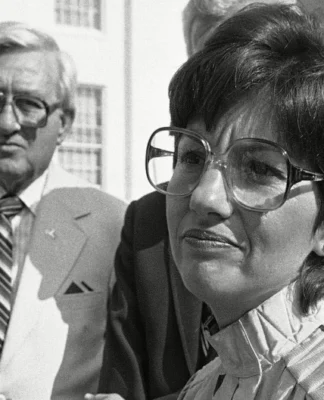Medical Transcription (MT) is part of the healthcare industry that renders and edits reports, procedures, and notes that doctors prescribe electronically to create files representing patients’ treatment histories. Simply put, MT is a system in which information provided by a doctor or other medical professional is converted into text and stored as a hard copy in either an electronic or a patient’s paper file.
Health practitioners determine what patients do after the procedure, and MTs edit reports passed through oral dictation, speech recognition software, or both. This process involves dictating through voice and then quickly converting medical transcriptionist audio to text format, which allows those working in the medical field to reap the benefits of text-based documentation without any extra effort. Medical transcription has quickly become a big-time, money, and resource-saving practice for practitioners and healthcare professionals.
Some key benefits of Medical transcription services in healthcare are discussed below:
Synchronized medical status
Doctors and specialists have limited time to spend with the patient, so it is up to the nursing and support staff to ensure that the patient is cared for and receives appropriate treatment. They rely on accurate medical records that are shared in a consistent facility. Ineffective information helps keep the patient healthy and avoids complications or obstructions.
Secured medical records
MT engages a full-proof, verified system to capture medical data. It guarantees no manual intervention or unauthorized influence on reports of misuse of data. The reliability of medical reports requires no additional translation or authentication when patients are treated at remote facilities globally.
Reliable diagnosis and treatment plan
Medical transcription helps keep patients’ medical history, lays the foundation for future patient visits, and acts as a reference for physicians. It further helps doctors evaluate the present medical condition of patients, work on a suitable treatment schedule, and take quick follow-up measures. Since the slightest errors can affect medical meanings, accuracy is considered a crucial aspect.
HIPAA compliance
Doctors, surgeons, and medical staff have some of the most stressful and important jobs related to patient health. Additional resources are involved with the need to keep medical reports accurate and up to date. MT helps maintain records by complying with the Health Insurance Portability and Accountability Act (HIPAA) standards. This billing is an important component of insurance companies for administered care costs.
Improved quality of care
When your information is effectively organized, you have access to the full narrative of your patient’s history, including what you told them earlier. Reviewing what you’ve said before can help you remember the most important details of a particular case, which translates directly into improved care.
More collaborative healthcare
Collaborative treatment of patients is an important part of the heart of the healthcare center. It is easy to decode medical records by any medical practitioner. Critical patient data sharing is an essential factor in ensuring proper care regardless of the size of the facility. In some cases, it is necessary to consult multiple experts in different fields or disciplines. In such cases, MT facilitates a means of exchanging information.
Effective time utilisation
Technology-driven means of capturing medical transcripts have revived MT’s manual processes in recent years. Medical transcription software (MTS) today is equipped with a special speech recognition program that includes a database of medical dictionaries. MTS converts audio recordings made by doctors and physicians into an electronic text, verified and saved for sharing on the network, and printed on demand. So the process of making the best use of real health care services saves a lot of time.
Accessibility of medical data eases timely action plans.
Most hospitals have switched from traditional paper filing systems to electronic health records. And medical transcription makes it a lot easier. Transliterated files are available as text documents that can be saved directly to the hospital’s servers or cloud. The provider simply accesses downloads and prints the medical report. These transcribed entries are used to quickly share bills with insurance companies on all network facilities and patient services.
Medical transcription is ideal for many everyday use cases, including improving accuracy and efficiency:
- Procedure Report
- Discharge Summary
- Medical history
- Medical research interviews
- Consulting and administrative letters
Medical transcription has quickly become a big-time, money, and resource-saving practice for practitioners and healthcare professionals. Medical transcription is an integral part of the healthcare sector. Hiring a medical billing company can free medical staff from the robotic but essential task of recording medical status.

















